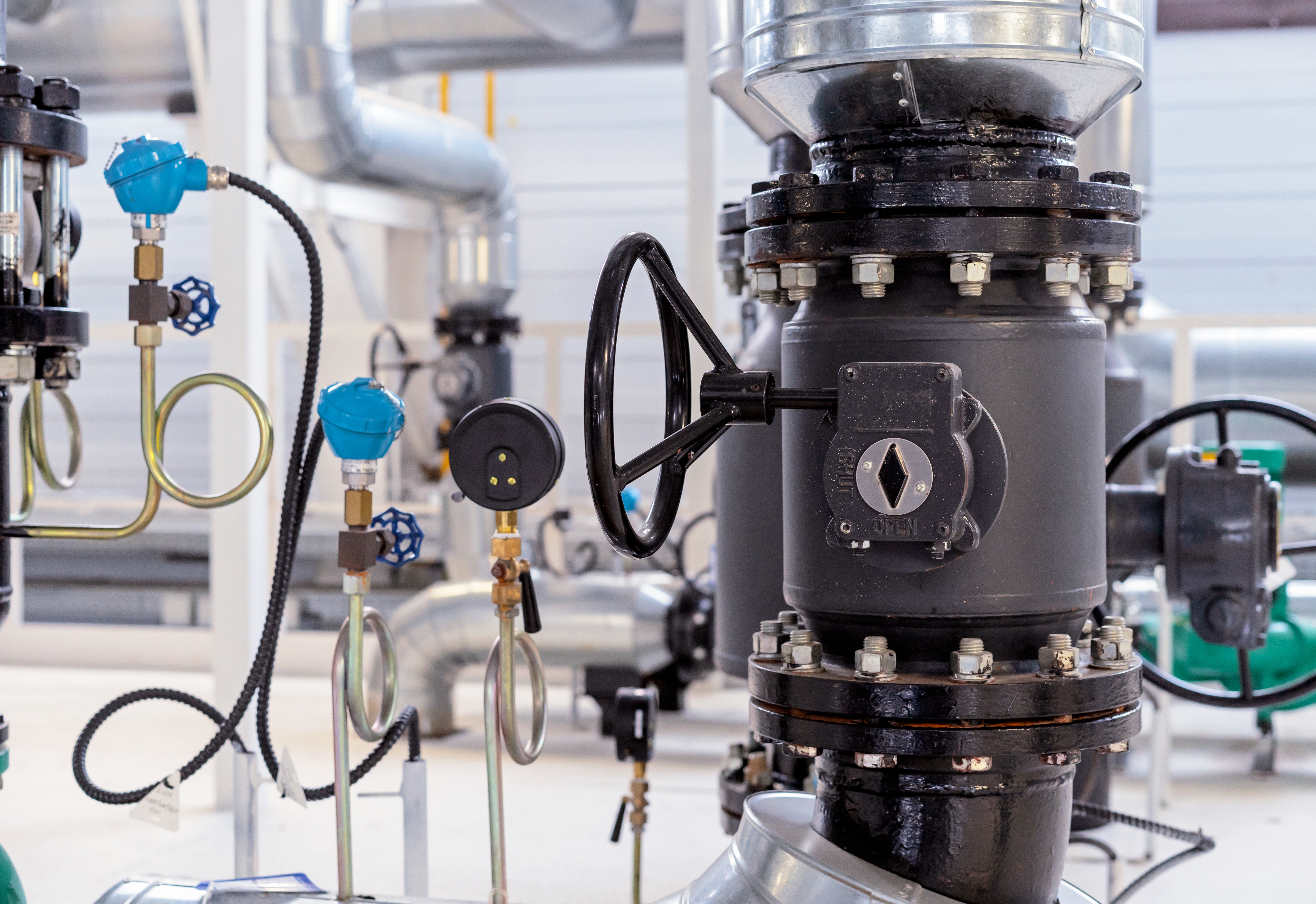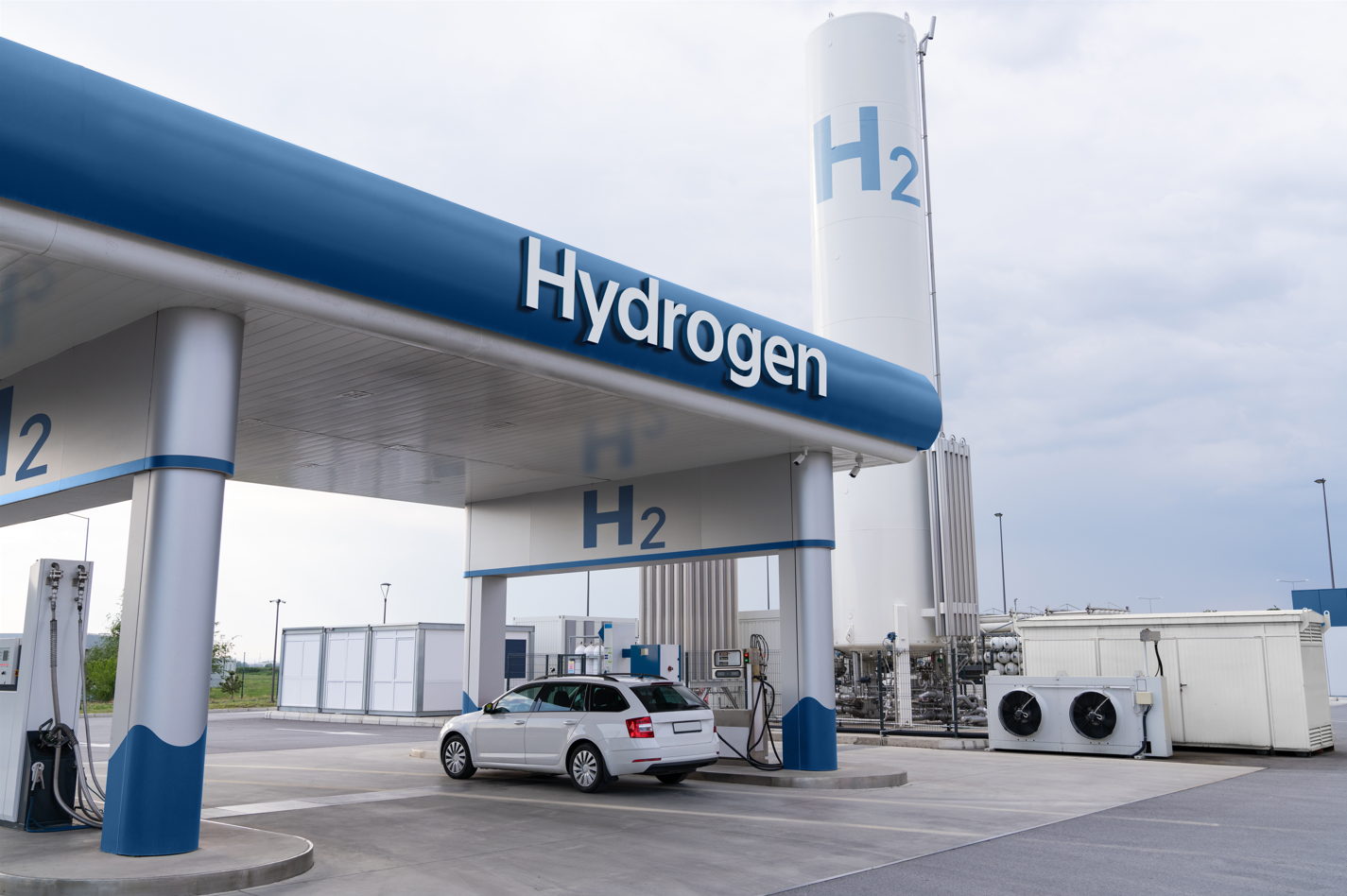Featured Articles
2024-05-10
[2024-05-10 ~
]
Hydrogen sensor technology is not only suitable for hydrogen vehicles, but can also be used in new energy vehicles and fuel vehicles

Hydrogen sensor technology is not only suitable for hydrogen vehicles, but can also be used in new energy vehicles and fuel vehicles
Hydrogen sensors literally seem to be only suitable for use in hydrogen vehicles, and the market size is limited, but this is not the case. Whether it is a traditional fuel vehicle , a lithium electric vehicle or a gasoline-electric hybrid vehicle, after the extensive introduction of electrification systems, its various transmission systems can be used to sensors can effectively manage the basic components of the internal combustion engine , battery, converter and motor to achieve the purpose of optimizing the power system.
Since hydrogen is the most difficult of all gases to detect, its technology can be used to detect the emission concentration of exhaust gases after appropriate component design and parameter adjustment. Based on this accurate data, combined with other functional sensors, precise monitoring and excitation is achieved through a feedback control mechanism, thereby improving the efficiency of the combustion process and reducing exhaust emissions , complying with environmental regulations.
On the other hand, due to the downsizing of new engines, the temperature and pressure must be increased to maintain conventional power levels. To maintain the smooth operation of this mechanism, it is necessary to obtain appropriate temperature, exhaust gas emission and other data in this high-temperature environment to facilitate adjustments, prevent thermal deterioration of parts, protect the core of the engine, and improve fuel efficiency, so as to achieve efficient operation. Reduce carbon emissions. Therefore, temperature sensors, exhaust gas sensors, nitrogen oxide sensors and wide-range oxygen sensors are all necessary key components for fuel vehicles and hybrid vehicles, and they need to be able to withstand low temperatures up to 900°C. New functional sensors developed based on hydrogen sensor technology, like hydrogen vehicles, can meet this extreme temperature requirement. This means that the target market for hydrogen sensors is not only for hydrogen vehicles, but also covers all new energy vehicles and even fuel vehicles.
High-standard and affordable hydrogen sensors produced by micro-electromechanical devices can meet the needs of hydrogen energy applications.
Whether they are traditional fuel vehicles or so-called new energy vehicles such as gasoline-electric hybrid vehicles, lithium electric vehicles, and hydrogen energy vehicles, they are all heavily electronic, with the development of sensors attracting the most attention.
Due to the advancement and widespread adoption of sensors, humankind's dream of autonomous driving and safe driving has been gradually realized. It is even different from what fuel vehicles are to gasoline engines and electric vehicles are to lithium batteries. Once the technology is proven feasible, mass production can be determined. Hydrogen vehicles use sensors as the core and ensure the entire safety mechanism. Only then has the possibility of mass production been established.
Therefore, it is not an exaggeration to say that sensors are the core technology of hydrogen vehicles. In the future, sensors will inevitably be the most critical entry point to determine the expansion of application fields. The sensors used in each part will play an important role in each function. In other words, the development of hydrogen vehicles will depend on the evolution of sensors.
Among them, the most difficult one is the hydrogen sensor, which will become a leading indicator of hydrogen vehicle technology. Not only does it have to target hydrogen, which is the most difficult to capture, but it also has to face the great challenge of quickly detecting very small leaks, and it also has to withstand extremely high temperatures of over 800 degrees Celsius and still work normally.
However, high-standard hydrogen sensors still need to be further reduced in price before they can be popularized. Currently, in the field of automotive regulations, only hydrogen sensors using micro-electromechanical processes can simultaneously meet this high standard specification and achieve affordable hydrogen sensors. Hydrogen sensors with these characteristics can be market competitive to meet various market segments extending from the automotive market to other hydrogen energy infrastructure and supply chains.
References
-
Kitakyushu City Government, Kitakyushu Hydrogen Certification Project (provided by Kitakyushu Hydrogen Certification System)
-
Energy-Forum on-line, 2022-03-22, The new コスモス electric motor industry standard hydrogen detection alarm device FCV is being popularized in factories
-
Toyota, 2024-02-05, Chiyoda Corporation and Toyota Jointly Developing Large-scale Electrolysis System
- Hyundai, 2024-01-10, Hyundai Motor Exhibition at CES 2024 Envisions Transition to Hydrogen Energy and Software-Defined Mobility Solutions
- Bosch, New area of business: Bosch to develop components for hydrogen electrolysis
-
TI, Sandeep Tallada, 2019-08, Basic considerations for sensors in the powertrain



